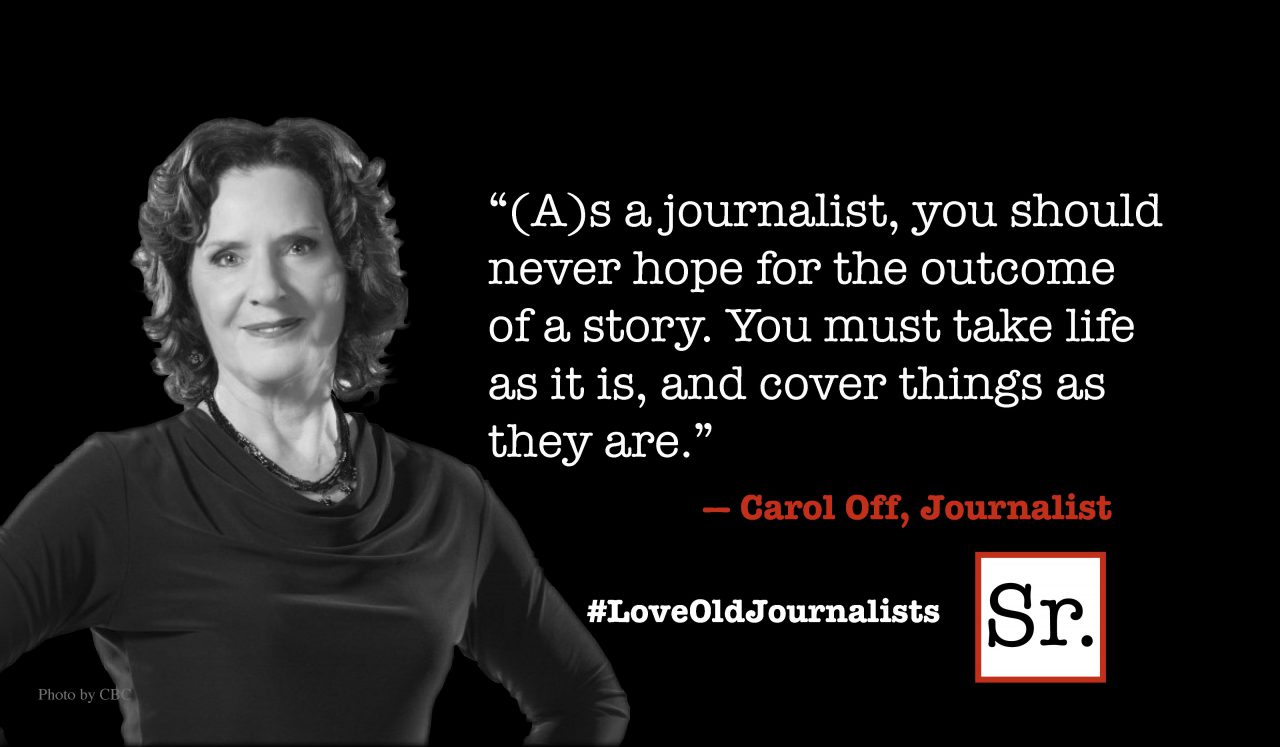“So what is it you want?” I asked Sarah.
“I want to be able to afford my life. I’m tired of worrying every time I pull out my credits cards.”
“What does ‘afford my life’ mean?”
“Well, that we can hang onto what we fought so hard to build. Hold onto our house, our insurances. Take our regular trips to see the kids. Do stuff with our friends. We already sold the boat …”
So started another journey into “reality.” And the reality is this: since 2008, and the economic turmoil since then, the U.S. economy has suffered the equivalent of shifting tectonic plates… and the resulting earthquake.
A lot of the visual surface damage has been repaired. But the foundation, or fundamentals, have changed forever. Gone are many beliefs around the security of investing in real estate, the ability to “save” our way to retirement and our faith in once-reliable financial instruments and markets.
What does that mean for the everyday Jane and Joe just trying to work and play their way through the years? The game just got a lot more complex.
Or, by necessity, a lot simpler.
So How Does That Work?
As parts of the economy have come back, some people’s lives have returned to normal. And, if their activity touches health care, pharmaceuticals, biotech, software or information services, chances are they’ll be okay going forward. But they will have to work harder to find effective ways to save for their later years, since so many of the faithful old tools are gone.
For the others whose activities haven’t shown growth yet— and maybe never will— the future requires some form of “re-invention” or retraining. Or starting their own businesses with the skills they have.
That is Sarah’s situation. As a realtor, her income was decimated by the housing crisis. And her husband’s job isn’t all that secure. She has started a business, but it’s taking far longer than expected to grow legs.
My recommendation was: simplify.
Our ability as a population to accumulate— whether it’s physical “stuff,” hobbies, toys or whatever— is legendary. Most of us are not even aware of how much has layered onto our lives. And much of it is simply a matter of habit.
The most eye-opening work I do with clients such as Sarah is a reality check:
- What they have,
- What they need,
- What they can pay for,
- What they can change, and
- What life will look life after realigning.
My most successful clients are those who use the exercise to bring their financial obligations in line with their financial reality as fast as possible— even if the process is a little difficult. (Actually, even if the process is very difficult.)
What they learn is this: nothing is more empowering than being able to pay your bills. And nothing can give you more focus and clarity than coming from a place of peace of mind.
Why Is Peace of Mind Such a Big Deal?
Most people have spent the majority of their adult lives in the loop of getting a raise, momentarily having some breathing room, upsizing their lives and being strapped again.
Few know what true peace of mind is. Or what it feels like.
Yet once they’ve tasted it, any future life changes— welcome as they might be— will almost always be made in a way that preserves that peace of mind.
So I ask you: if you look at your lifestyle, is it one that is in alignment with your financial reality?
If it is, bravo!
If not, would you be willing to do your own reality check and see what you can do to bring alignment into your life?
I can assure you: peace of mind is absolutely addictive!









